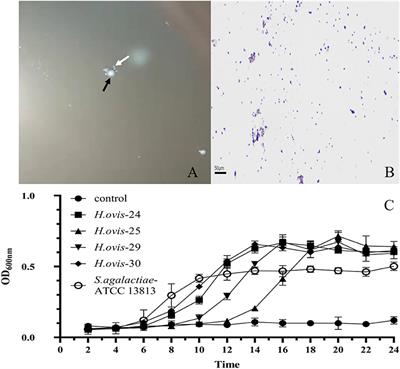EDITORIAL
Published on 27 Oct 2022
Editorial: Ruminant mastitis: A 360° view
doi 10.3389/fvets.2022.1055323
- 961 views
- 3 citations
29k
Total downloads
152k
Total views and downloads
EDITORIAL
Published on 27 Oct 2022
SYSTEMATIC REVIEW
Published on 24 Jun 2022

ORIGINAL RESEARCH
Published on 11 Feb 2022

ORIGINAL RESEARCH
Published on 18 Nov 2021

ORIGINAL RESEARCH
Published on 16 Nov 2021

ORIGINAL RESEARCH
Published on 03 Nov 2021

ORIGINAL RESEARCH
Published on 14 Oct 2021

ORIGINAL RESEARCH
Published on 23 Sep 2021

ORIGINAL RESEARCH
Published on 19 Jul 2021

ORIGINAL RESEARCH
Published on 28 Jun 2021

ORIGINAL RESEARCH
Published on 21 Jun 2021

BRIEF RESEARCH REPORT
Published on 17 Jun 2021
